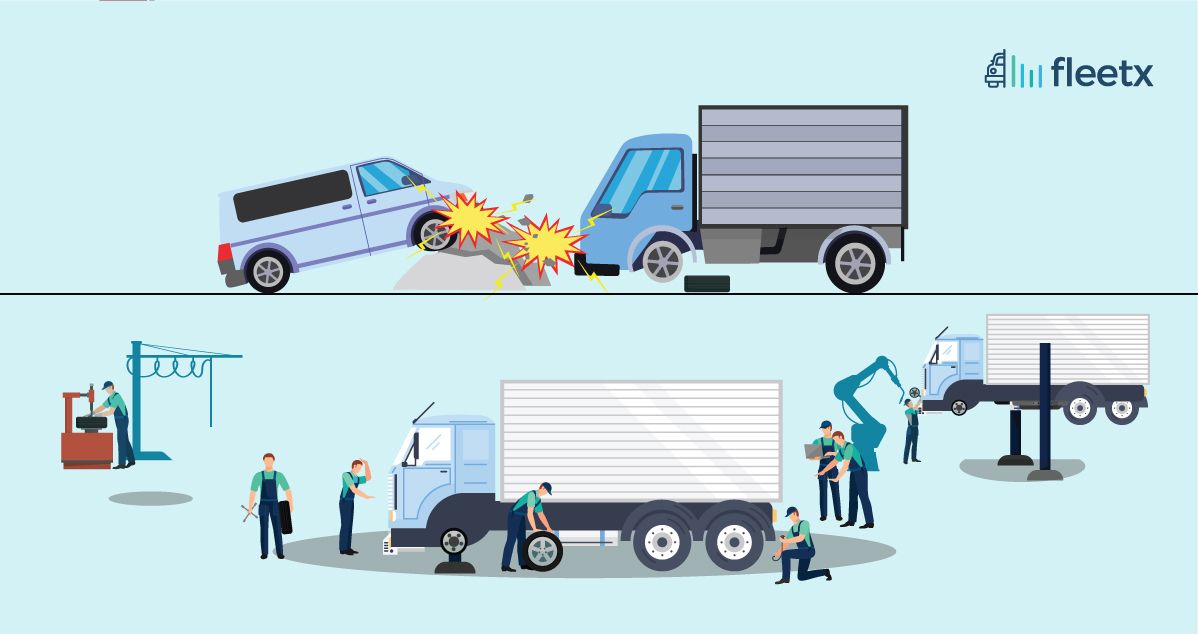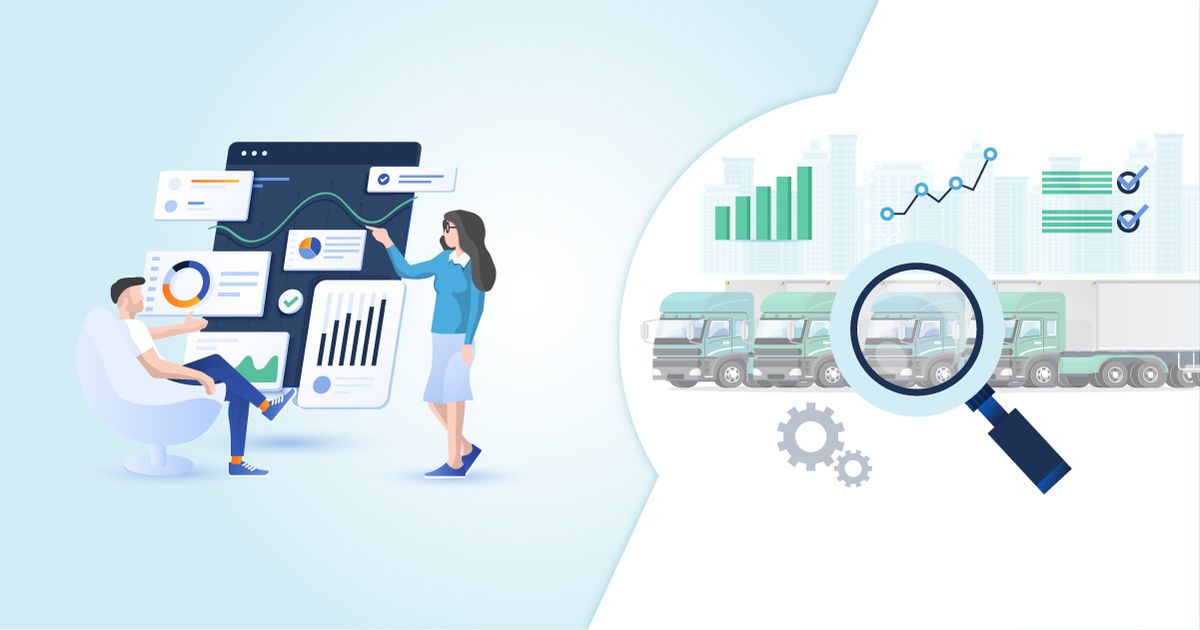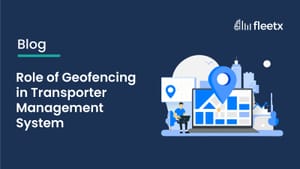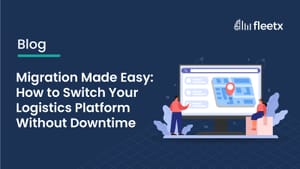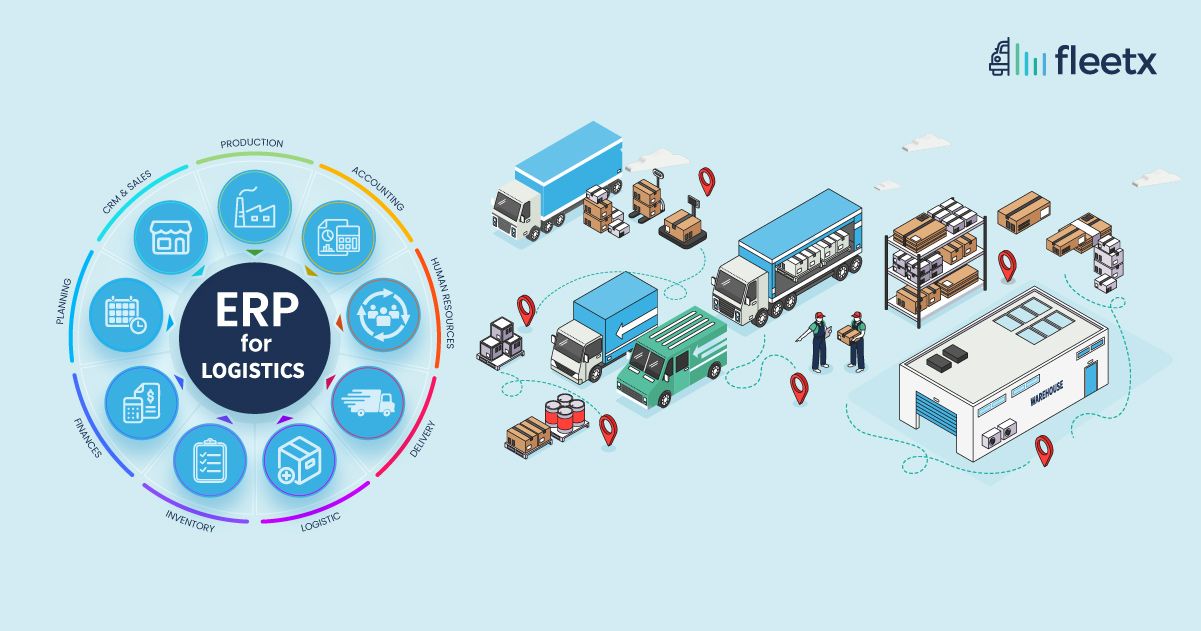
Highly competitive industries that contribute to India's economy are transportation and logistics. Managing logistics operations and workflow is tough work because new difficulties arise every day. From satisfying client expectations to efficiently managing vehicles, accuracy, speed, and efficiency are needed in transportation to improve operations while lowering costs.
It is essential for the transport industry to keep an eye on all their vehicles. They must arrange vehicles in addition to tracking them for permits, maintenance, payments, expenses, staff, and resources. This data is frequently manually preserved in files, which makes audits and corrections more difficult and at times inaccurate.
The logistics sector must adopt a standard unified system to get over the obstacles it faces. Regulatory hurdles, poor data management, lack of visibility, inadequate inventory and warehouse facilities, and rising transportation costs are just a few of the difficulties the logistics sector encounters. These problems affect overall operations and increase business costs.
Enterprise Resource Planning (ERP)
Enterprise Resource Planning, or ERP, is a well-known solution that enables a simple flow of supply and demand in the logistics sector. The system can undoubtedly manage challenging situations with ease and run a variety of procedures without a mishap.
Today's ERP systems provide a variety of innovative features. ERP for the logistics and transportation sector makes it possible to complete all operational activities, and more crucially, to do so from a single platform. Overall, ERP software may assist a transport and logistics business manage crucial business operations which helps in maximizing effectiveness, customer retention, profitability, customer satisfaction, logistics management, resource management, and process optimization.
In order to increase operational efficiency and profitability, the organization can streamline and automate certain procedures using ERP solutions.
Main attributes an ERP software offers to the logistics and transportation sector
Remote accessibility: Remote access is a feature of ERP software deployed for the logistics and transportation sector. With the help of this, companies can access their account from any location with an internet connection and this also helps management and operators to communicate continuously without any hurdle.
Driver Management: ERP systems help companies in better driver management. With the help of ERP, fleet managers can monitor driver leave policies, break schedules, retention and detention timings, and working hours.
Financial Assistance: With ERP, you can manage the actual cash exchange between your business and expenses or revenues, such as freight invoicing, accounting, budget , salaries conveniently and effectively. This helps in accurate invoicing and helps in making fast financial decisions.
Asset management and recognition: With ERP, companies have insight into all the assets, their needs, scheduling maintenance and asset management. ERP also provides a defined budget for all the assets. For example, it provides details of all the tyres , scrap tyres, tyre values and tyre renewal dates etc.
Planning the dispatch and shipments efficiently: ERP transportation management aids in efficient dispatch planning; allows to combine the dispatch of materials from various sales orders and acquire the necessary flexibility for efficient dispatch and loading. Additionally, it aids in shipment planning and optimization while also taking expenses into account.
Portal for customers and vendors: In an effort to stay in touch and informed, ERP software includes a vendor/customer portal that makes it simple to log in and learn the status of all the deliveries. This allows them to notify customers by SMS or email and keep them informed.
Real-time tracking : Real-time tracking is necessary while a vehicle is in transit to keep customers informed. It helps in obtaining a comprehensive understanding of the supply chain process due to the integration of real-time tracking tools. Additionally, it is simpler and quicker with the assistance of mobile integration as it allows access anytime and gives end-to-end visibility of vehicle and cargo.
Delivery and inventory management: By having total control over the inventory, it ensures operational effectiveness. ERP allows access of all the data and information related to orders, inbound and outbound sales, delivery, and more. As a result, operations run smoothly and leads to optimizing all supply chain management processes.
Enhanced distribution: All distributors, suppliers, delivery partners, and retailers can obtain comprehensive delivery information with the use of an unified ERP system. Furthermore, they can keep an eye on the delivery , orders, stock, payments, etc. to guarantee efficient distribution management. It can also be used to optimize the routes for on-time deliveries.
Route optimization: With the use of ERP, businesses can assess order loads and choose the best mode of transportation, route, and carrier while still providing the appropriate level of customer service.
Management of data and compliance: The majority of data can be managed by logistics ERP software without any human error. Consignment notes, manufacturing costs and other crucial and accurate data can all be accessed. Additionally, the system is capable of processing and filing timely logistics regulatory compliance procedures.
Conclusion
To sum up, companies can obtain complete data visibility, great customer experience and a comprehensive understanding of their entire business operations with the aid of optimized planning tools and advanced features of ERP. As it focuses on and resolves the majority of operational issues, ERP has the ability to help the transportation and logistics industry. As a result of all these features, the ERP technology has potential to reduce expenses while also substantially improving logistics performance. Being subject to the delay of technologies like ERP integration can cost businesses a lot as market competition becomes more restricted and rigid.
What is ERP in transportation?
ERP stands for enterprise resource planning in general, For transportation industry ERP integrates with Transportation management software. With the help of ERP, organizations enable themselves to have a holistic view of operations which increases ease of decision making and doing business.
Which industry uses ERP the most?
Enterprise resource planning aka ERP is needed in industries with multiple micro and macro operations. Here is list of industry which definitely needs ERP system for better decision making.

